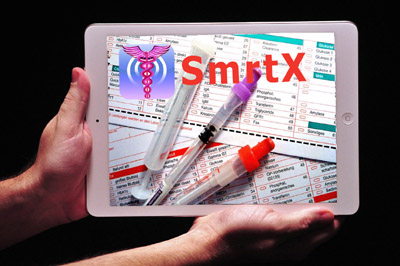Understanding of Blood works values reference
 Published: 19 May 2024
Published: 19 May 2024
Reformatted and Reworded Text:
Reliability of Laboratory Blood Test Results
Laboratory blood tests undergo rigorous procedures. Results are meticulously verified and cross-checked to ensure accuracy. This is paramount in ensuring reliable outcomes, as lab test results are foundational for diagnoses and treatment.
Challenges in Medical Research
Medical research advances rapidly, posing challenges for medical professionals to stay abreast of the latest developments. To address this, comprehensive evidence-based collections on specific illnesses or conditions are compiled to assist doctors in streamlining their treatment plans.
Types of Blood Tests
* Troponin Tests: Detect heart attacks and muscle damage.
* Creatine Kinase Tests: Measure enzyme levels in the blood, indicating muscle damage.
* Complete Blood Count (CBC): Analyzes blood cell counts, including red blood cells, white blood cells, platelets, and hemoglobin.
* Cholesterol Tests: Measure cholesterol levels in the blood.
* Triglyceride Tests: Determine the amount of triglycerides in the blood.
* Blood Clotting Tests (Coagulation Panel): Assesses blood clotting ability, detecting bleeding or clotting disorders.
* Blood Enzyme Tests: Measure specific chemicals in the blood, such as glucose, calcium, and electrolytes.
* Basic Metabolic Panel: Evaluates the function of key organs, including the liver, kidneys, heart, and thyroid.
Applications of Blood Tests:
* Diagnose diseases and conditions
* Monitor chronic conditions (e.g., diabetes)
* Assess treatment effectiveness
* Examine organ function
* Detect immune system deficiencies
 Published: 19 May 2024
Published: 19 May 2024